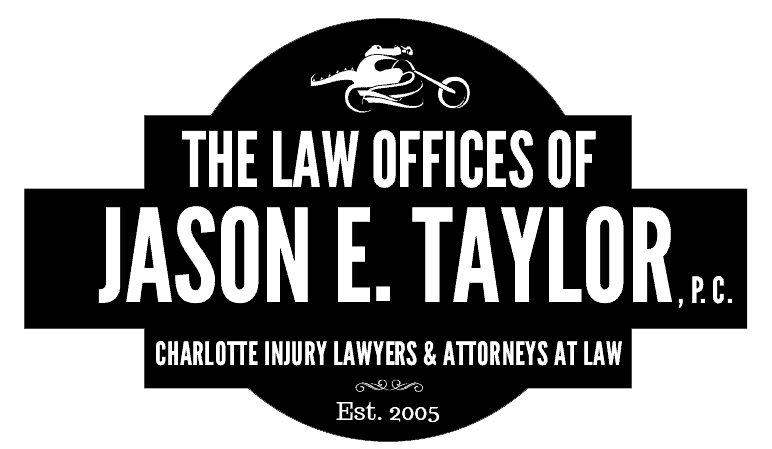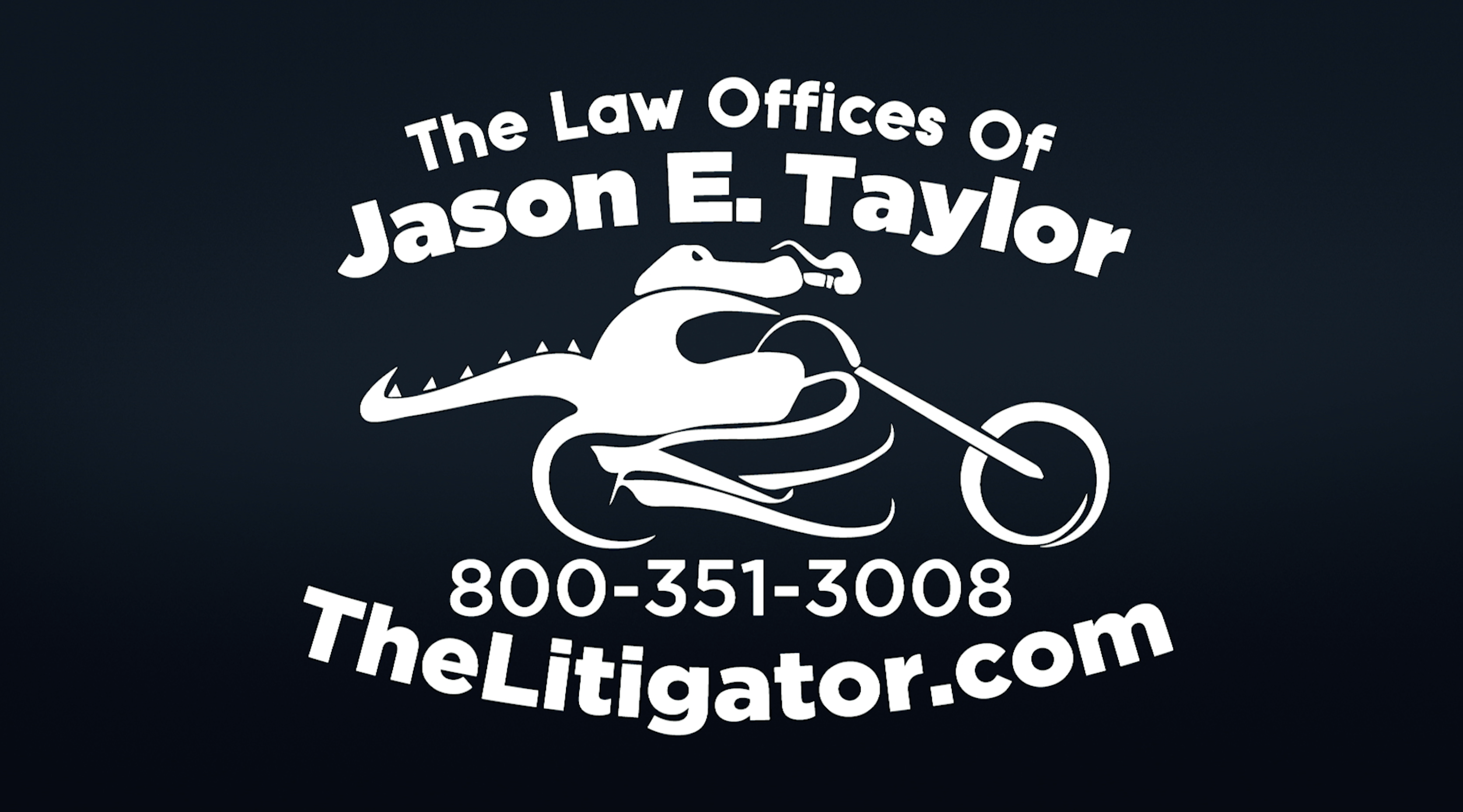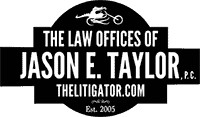What is Premises Liability Law in Charlotte, NC?
In North Carolina, premises liability law outlines property owners’ and occupiers’ duties to those who lawfully visit their properties. Under this law, property owners and occupiers must take reasonable care to keep their premises safe from dangerous conditions. If they fail to do so and someone is injured as a result, they may be held liable for the victim’s damages.
For example, if you slipped and fell in the Northlake Mall, the mall’s management may be responsible for failing to maintain a safe environment. If you were to slip and fall on a wet floor that they failed to clean up in a timely manner, you may have a premises liability claim against the mall and/or their janitorial service.
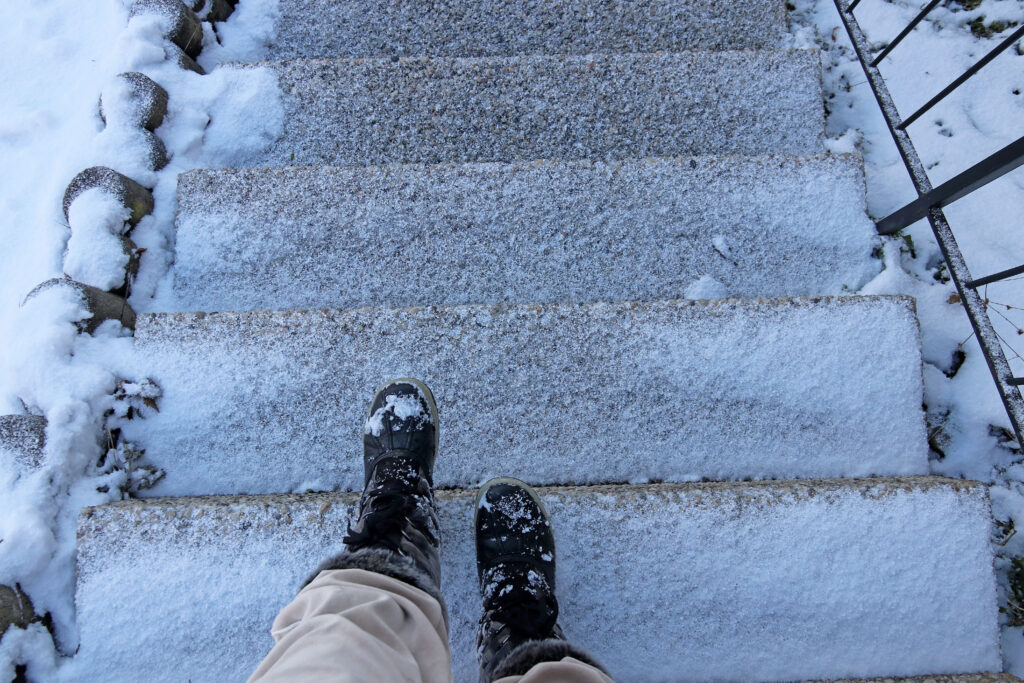
What to Do After a Slip and Fall in Charlotte
If you or someone you love has been injured in a slip-and-fall accident, there are certain steps you should take to protect your rights. These include:
- Report the incident to the property owner or manager as soon as possible
- Get medical attention, even if you do not think you are seriously injured
- Do not sign anything without speaking to an attorney
- Do not give a recorded statement to the insurance company
- Save any evidence from the accident, including photos and witness contact information
- Contact an experienced personal injury lawyer
The first step is to report the accident to the property owner or manager. This will ensure that there is a record of the incident and will help you later if you need to file a claim. This is also a crucial time where employees may spontaneously make statements about what happened that can be helpful to the notice requirement. For example, if the employee said, you’re the second person today to slip on that, their statement implies that they were on notice of the condition.
It is also important to get medical attention, even if you do not think you are seriously injured. Some injuries, such as concussions, may not be immediately apparent. A doctor will be able to diagnose and treat your injuries and will also provide documentation that can be used as evidence in your case.
If you have been injured in a slip and fall, contact us today to schedule a free consultation with one of our slip and fall lawyers. We will review your case and discuss your legal options with you.
Proving Negligence in a Charlotte Slip and Fall Case
Valid slip and fall claims must prove:
- You were lawfully on the property (i.e. not trespassing)
- A dangerous condition existed
- The property owner knew or should have known about the condition
- They failed to take reasonable steps to timely improve, repair or warn lawful visitors about the dangerous condition
- You were injured because of the dangerous condition
- The dangerous condition was not open and obvious
- You sustained economic or non-economic damages
While property owners do not owe a duty of care to trespassers, they are still prohibited from willfully or intentionally injuring them (i.e. setting a trap). If you were injured while trespassing on someone else’s property, you might still have a case if the property owner acted negligently or intentionally caused your injuries.
Common Causes of Slip and Fall Accidents in Charlotte
To have a valid claim, you must show causation, meaning that the property owner’s negligence directly led to your injuries. Some of the most common causes of slip and fall accidents include:
- Wet or slippery floors
- Uneven surfaces
- Potholes in sidewalks or parking lots
- Loose carpeting or floor mats
- Objects in walkways
- Poor lighting
- Lack of handrails
- Uneven floors
- Spilled liquids
This is a small sample of what can cause a slip and fall. If you have been injured in an accident on someone else’s property, it is important to speak with an experienced Charlotte premises liability lawyer to find out if you have a case.
Common Slip and Fall Injuries in Charlotte
Slip and fall accidents can result in a wide range of injuries, some of which may be serious or even life-threatening. Common injuries associated with these accidents include:
- Head injuries, including concussions and traumatic brain injuries
- Neck and back injuries
- Spinal cord injuries
- Broken bones
- Sprains and strains
- Lacerations
Who Can Be Held Liable for a Charlotte Slip and Fall Claim?
In most cases, the property owner or manager will be held liable for a slip and fall. However, there are some circumstances where another party may be held responsible. Other parties that may be held liable include:
- The business that leases the property
- The property management company
- The builder or construction
- Government agency that owns the property
To determine who can be liable for your injuries, it is important to speak with an experienced Charlotte slip and fall lawyer.
Types of Damages From a Slip and Fall Injury Case
The compensation you may be entitled to will depend on the severity of your injuries and their impact on your life. Some of the most common types of damages include:
- Medical bills
- Lost wages
- Pain and suffering
- Loss of enjoyment of life
If you have been injured in a slip and fall, contact us today to schedule a free consultation with one of our experienced personal injury lawyers. We will review your case and discuss your legal options with you.
What Are the Statutes of Limitations for Filing a Slip and Fall Personal Injury Claim in Charlotte?
The statute of limitations is the amount of time you have to file a claim. In North Carolina, the statute of limitations for most personal injury claims, including slip and fall accidents, is three years from the date of the accident. This means that if you do not settle your claim or file a lawsuit to preserve the statute of limitations within three years of the date of the accident, you will be barred from recovering compensation. The statute of limitations in your specific case is something you should discuss with an attorney early on.
What Do Charlotte Personal Injury Law Firms Charge for Their Services?
Most personal injury law firms in Charlotte work on a contingency fee basis. This means that you will not have to pay any upfront fees or costs for our services. We only get paid if we can recover compensation for you. If we are successful, we will take a percentage of the settlement or verdict as our fee and reimbursement for the costs expended to bring your claim to resolution.
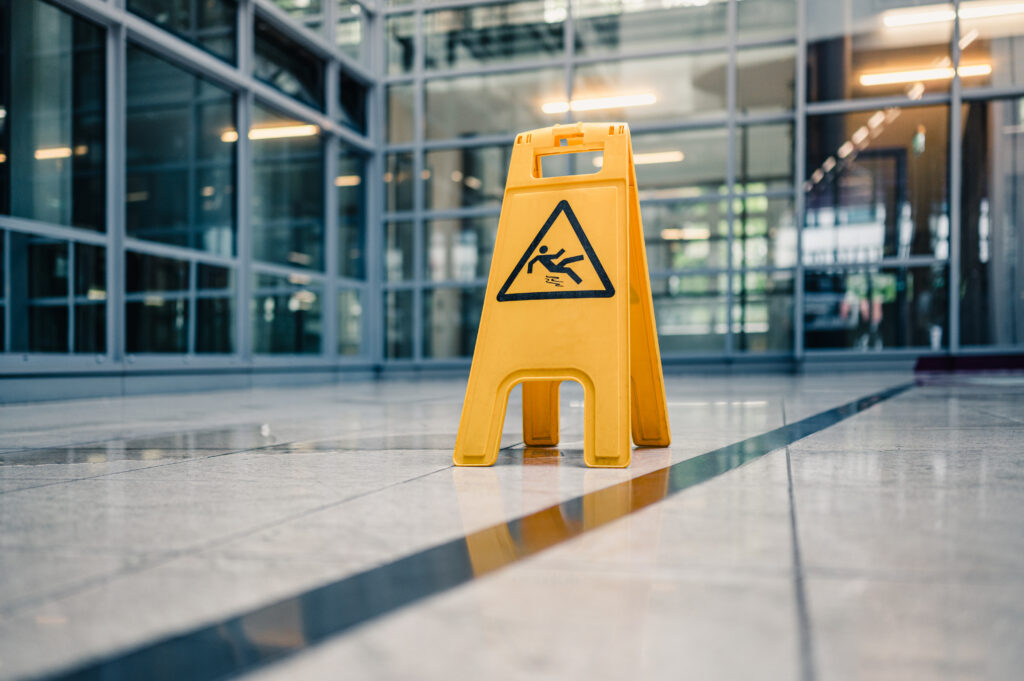
Contact Our Slip and Fall Lawyers in Charlotte, NC.
If you or someone you love has been injured in a slip and fall, the experienced personal injury lawyers at The Law Offices of Jason E. Taylor are here to help. We have represented accident victims in Charlotte and North Carolina for over 25 years. We value the attorney-client relationship and will fight to get you the compensation you deserve. Contact us today to schedule a free consultation. Let us put our experience to work for you.
